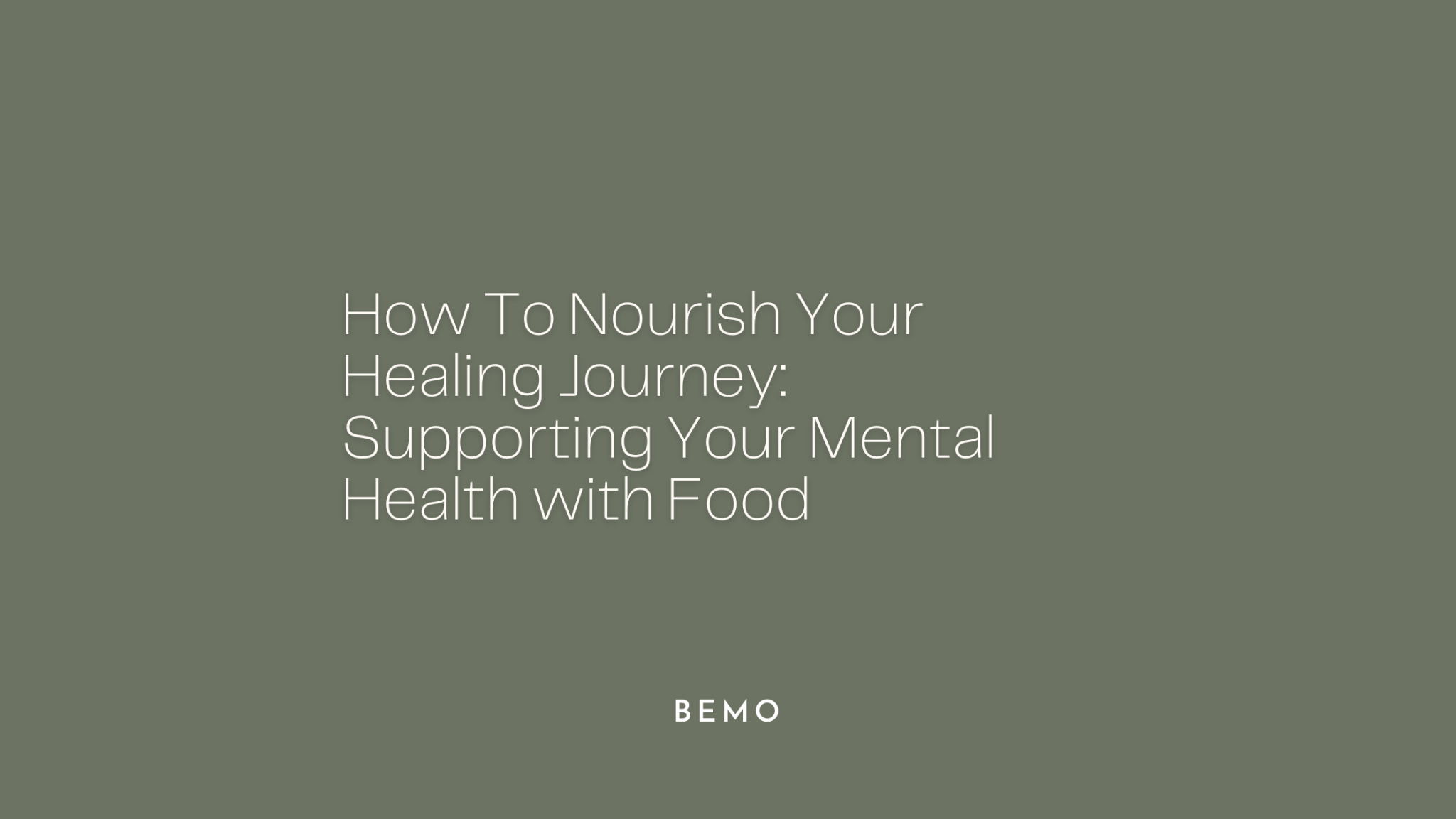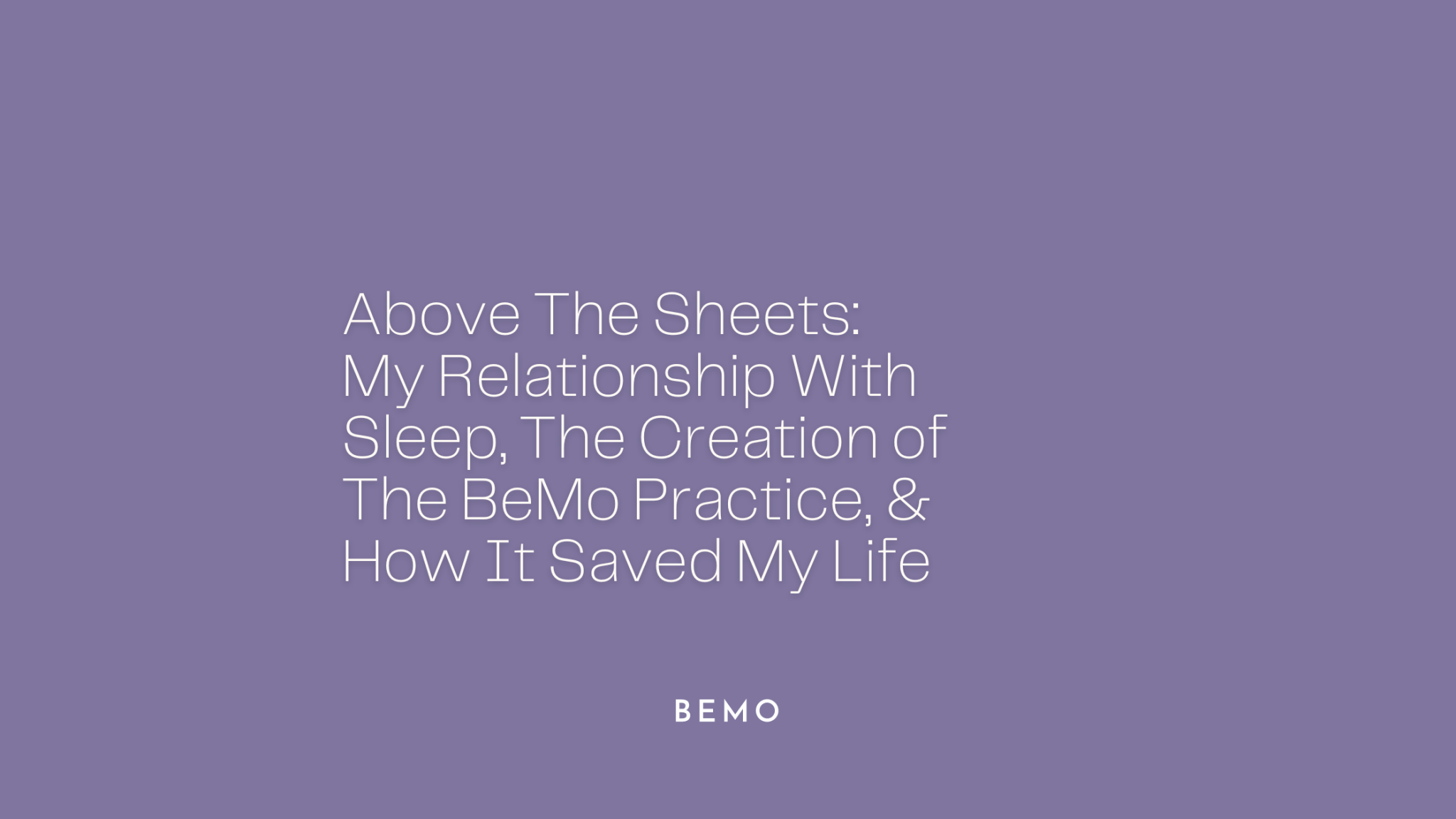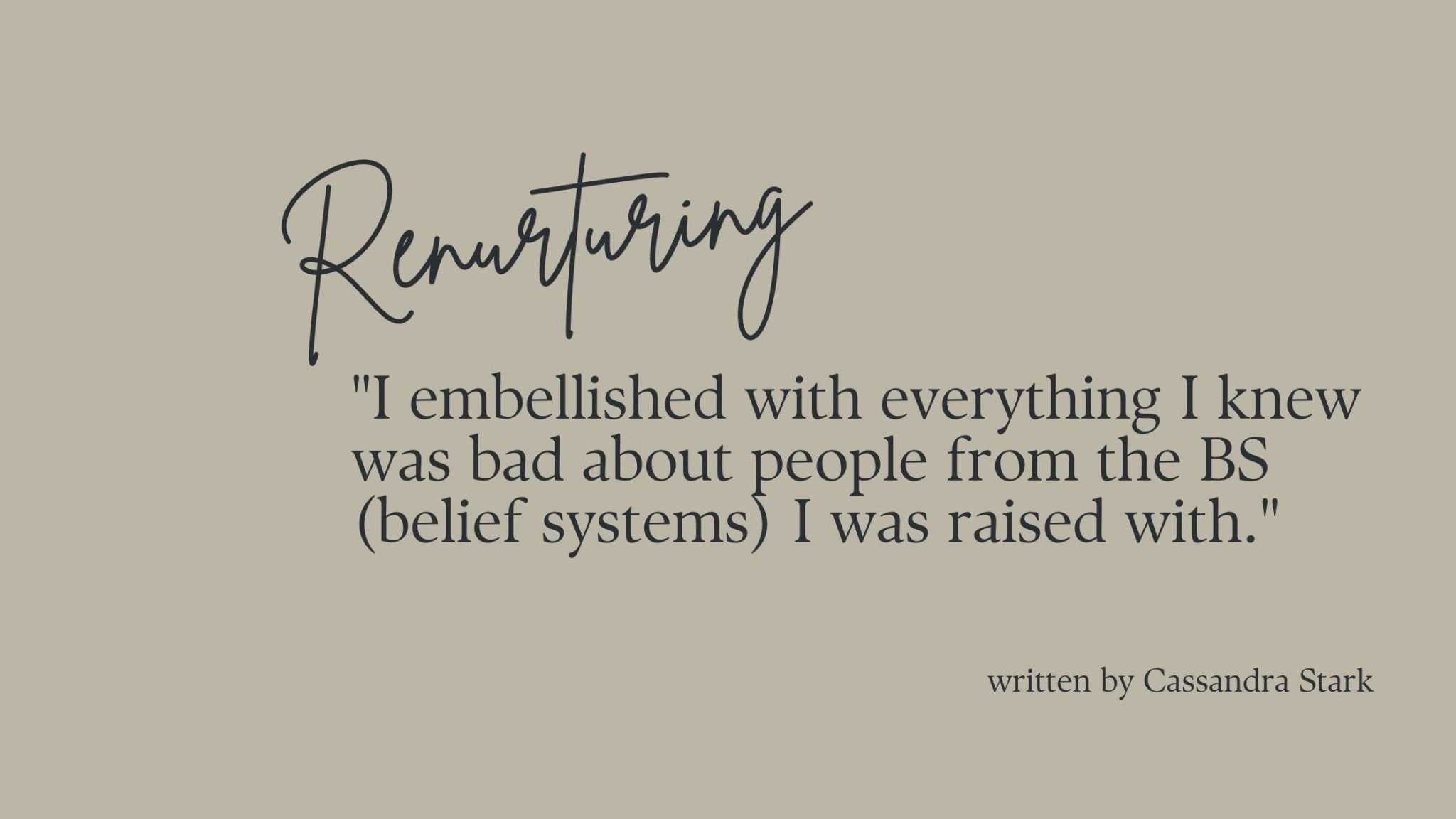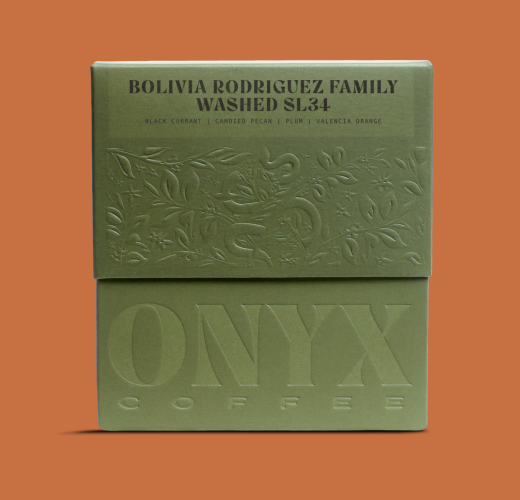Healing isn't just about treating symptoms; it's about listening to our bodies' stories. In the book "The Body Keeps the Score" by Bessel van der Kolk, we uncover how neglect and trauma embed themselves in our minds and throughout our bodies. Let's explore this healing journey, from understanding trauma's impact to the revitalizing role of nourishment.
Trauma leaves its mark in more ways than one, manifesting physically as conditions like autoimmune disorders or ADHD. Van der Kolk elucidates, "Trauma lives on in the body, shaping our physical responses and health."
First, let's discuss the difference in the mind-body layers.
Unconscious Mind:
Deep and inaccessible, the unconscious mind stores primal instincts and hidden memories. It shapes our behavior in ways that are not directly obvious or Known to us, housing desires and traumas we're unaware of.
Subconscious Mind:
The subconscious mind is the go-between for the conscious and unconscious. It handles automatic actions like blinking and stores recent memories temporarily, guiding us through intuition. Our emotional awareness rests here until we work to Reveal emotional truth to our conscious level.
A few things to note here, if something feels emotionally unsafe and therefore is triggering, it will raise your subconscious mind, often creating an intense reaction. As we turn inward with guilt or shame for our reactive behaviors, what was briefly remembered by the subconscious mind will retract back to the unconscious mind.
For anxious attachment styles, this may manifest as harsh criticism - being rude and judgmental of someone you love; for the dismissive avoidant, this may manifest as drawing a hard line and icing someone out - holding grudges and relying only on yourself; for the fearful avoidant, this may manifest as a full pendulum swing between both anxious and dismissive behaviors.
This particular cycle of regression and repression is hard to work with in talk therapy sessions because we rarely bring that level of reactive behavior and emotional honesty to our sessions. Our therapists don't live with us. They do not see what we go through. And they only have one side of every story we tell them - ours.
The BeMo Practice allows you to build trust within yourself. As you make this level of self-trust, more will Reveal itself from your unconscious to your subconscious to your conscious mind. This cannot be forced. It has to be nurtured.
Conscious Mind:
Our conscious mind is our present awareness. It's where we reason, make decisions, and engage with the world. It's the part of our mind that's entirely "awake" and rational.
"You are not so much withdrawing as you are drawing within" - a genuinely impactful quote my dear friend and therapist shared.
This is a beautiful description of rising to the conscious mind (drawing within; Knowing) versus remaining sub/unconscious (withdrawing).
As we become more aware of our whole, cohesive narrative, we feel less emotional as a reaction and more in tune with the breadth and expanse of our personal story. This is the moment where healing takes off, and we start to feel awareness of awareness - as described by Eckhart Tolle, or self-actualized, as defined by Abraham Maslow.
Awareness of Awareness:
Eckhart Tolle's "awareness of awareness" concept from The Power of Now emphasizes a state where the conscious mind observes itself. It's a profound presence, a step back to notice thoughts and the thinker.
This heightened consciousness lets us "watch" our mental processes, offering clarity and a deeper connection with the now. It's about being aware of being aware, a fundamental aspect of mindfulness that transforms our experience of self and the world.
My Experience With Self-Actualization & Awareness of Awareness
After years of being in the midst of my own healing journey, I would describe awareness of awareness or self-actualization as a *poof* moment where you feel free from the narrative - you've zoomed out, risen above, and been able to see it all for what it is.
In my experience, the stories we tell most often and the ones we laugh out loud about are the stories our subconscious mind tries to release a more profound truth. Going beyond the surface and seeing the deep, full-life impact of one storyline as it exists within your complete narrative - that is awareness of awareness. You cannot control your awareness of awareness. You can only provide yourself with the tools to feel, deal with, reveal, and heal to provide ongoing emotional safety, self-trust, and compassion. Your mind will do the rest. This secure state allows us to experience peace by being deeply rooted in the present, beyond our thoughts and emotions.
When the Body Mirrors the Unconscious Mind
Many us think we are fully aware. And that makes sense. We only know what we know and if we know everything we know then we must be aware. Right? Not exactly.
Part of Becoming aware is accepting that our Knowing is both still and constantly expanding.
If you're like I was, you may be both aware and unaware of trauma in your life. What I mean is, you may know that you've had trauma because you have stories that are clearly traumatic (known) yet you also don't/didn't remember the details of bigger traumas felt in your bones but not yet clear in your memory (unaware).
What I knew was only at the surface. I remained disconnected from the storyline as a mode of survival - to ensure that I had no emotional tie, interaction, or reaction. By first building trust and safety from within, I eventually could see my repeated stories for the broader, traumatic truths they held. This began my real, deep healing journey.
In hindsight, increased symptoms of pain, repeated behaviors during certain times of the year, chronic issues with sleep, autoimmune diagnosis, and even the fluctuation of my weight throughout the year all became obvious factors to a deep, unconscious Knowing - one that I am still Revealing through The BeMo Practice to this day.
If you are unsure as to whether or not you have had trauma or neglect in your life - take note of these key symptoms. Ask yourself, "Do I feel this way in my body?" If you can say yes to a consistent onset of any of these symptoms, it is likely that there is a repeated pattern of neglect, a traumatic experience, or repeated trauma in your life that has a need for being seen, heard, known and healed.
Key Symptoms to Notice:
- Chronic fatigue or unexplained aches
- Onset of autoimmune conditions
- Difficulty concentrating or hyperactivity
- Chronic issues - depression, pain, GI, etc.
- Sudden onset of reactive behavior toward someone or about something
- Making sudden drastic changes to your life
- Suicidal ideation
- Unexplained health issues such as sleep, brain activity, headaches, heart, etc.
The Path to Emotional Detox
Healing begins by acknowledging and working through these emotional imprints. Techniques like The BeMo Practice offer a structured way to navigate these turbulent waters - from the surface to your innermost depths - providing a safe haven for emotional release.
Steps to Emotional Release:
1. Acknowledge: Recognize the emotions and their physical counterparts.
2. Express: Use journaling to give these feelings a voice. Use your BeMo Journal's tracking pages to recognize alignment with physical symptoms and behaviors.
3. Release: Engage in practices that allow you to let go, such as working through the FUNCK methodology and adding mindful practices to your "Cans" list, such as meditation or yoga.
Nourishing the Journey
As we peel back the layers of emotional baggage, our bodies need the right fuel to support this transformation. Nourishing our healing journey is part of building and maintaining safety and trust in ourselves. By nourishing our bodies, we provide a proactive and safe space for healing and Renurturing - reducing reactive stress responses by feeding a calmer and more soothing way of dealing with the stress that arises through healing.
Functional Medicine doctors, Integrated Medicine doctors, and Integrated Health nutritionists all emphasizes the power of an anti-inflammatory diet to heal from within.
Disclaimer: This is not health advice. Please work with a professional in integrated health medicine to ensure that you need these foods and/or supplements and have nothing else in your health plan that would cause negative interactions.
Foods for a holistic healing journey:
These foods provide consistency and energy from within - allowing our bodies to reduce cortisol levels, manage stress response, and increase overall support.
- Omega-3 Rich Foods: Salmon, flaxseeds, and walnuts to combat inflammation.
- Antioxidant Powerhouses: Berries, dark leafy greens, and dark chocolate for cellular health.
- Vitamin-rich Choices: Citrus fruits, almonds, and whole grains to bolster the immune system.
Foods to Avoid:
These are a few blanket rules on foods to avoid. Foods high in preservatives, with long shelf lives, and with complicated labels, fake, or chemical laden ingredients damage our gut health and drastically increase our mind-body's ability to support itself.
- Premade sauces or spice packs (switch to natural herbs instead)
- Processed foods and sugars exacerbating inflammation means pre-flavored items, canned items, or foods with a shelf-life of more than a few days or weeks (switch to flash frozen, unflavored raw vegetables or fresh, organic vegetables).
- Excessive caffeine and alcohol, which can disrupt sleep and stress levels (reduce to no more than one caffeinated drink per day; substitute alcohol intake with creative substitutes such as apple cider vinegar in sparkling water with a dash of tart cherry concentrate).
Supplementals for Mood Support
These are the vitamins we love most for mental health support - increasing energy throughout the day, protecting your sleep at night, and promoting calmness while increasing neurological function.
One thing to note, consuming supplements naturally through foods is always better than taking vitamins.
- Vitamin B6: Vital for neurotransmitter synthesis, impacting mood and stress levels. Sources include Salmon, Chicken breast, Tofu, Sweet potatoes, and Bananas.
- 5-HTP: A precursor to serotonin, enhancing mood. Found in Turkey, Chicken, Milk, Potatoes, and Pumpkin.
- L-Tryptophan: Another serotonin precursor, aiding mood regulation and sleep. Present in Eggs, Cheese, Pineapples, Tofu, and Salmon.
- Omega-3 Fatty Acids: Essential for brain function, linked to decreased depression. Rich sources are Flaxseeds, Chia seeds, Walnuts, Salmon, and Sardines.
- Vitamin D: Deficiency is linked to mood disorders. Available in Fatty fish like salmon, Egg yolks, Mushrooms, and Fortified foods.
- Magnesium: Supports brain function, calms the nervous system, and promotes sleep, depending on the type of Magnesium blend taken. Found in Spinach, Chard, Dark Chocolate, Pumpkin Seeds, and Almonds.
Our favorite magnesium blend includes:
- Magnesium L-Threonate: Known for enhancing cognitive functions and having neuroprotective effects.
- Magnesium Glycinate: Highly bioavailable, recommended for calming effects, stress and anxiety relief, and sleep promotion.
- Magnesium Taurate: Beneficial for cardiovascular health and also known for its calming effects.
Importance of Gut for Mental Health
The gut is often referred to as the "second brain" because it produces a significant amount of neurotransmitters, such as serotonin and dopamine, which are vital for mood regulation. In fact, about 90% of the body's serotonin, known as the "feel-good" hormone, is produced in the gut.
Gut health refers to the balance and function of the bacteria and other microorganisms in the digestive tract. A healthy gut contributes to a robust immune system, heart and brain health, improved mood, restorative sleep, and effective digestion, and it may help prevent some cancers and autoimmune diseases.
Gut health is essential for mental well-being due to the "gut-brain axis," a critical communication pathway between the gastrointestinal tract and the central nervous system. A balanced gut microbiome can enhance this interaction, fostering a mind-body connection that potentially eases symptoms of anxiety and depression and overall contributes to mental health by producing vital neurotransmitters, reducing inflammation, supporting immune function, managing stress, and improving nutrient absorption.
Efficient nutrient absorption from a healthy gut ensures your brain gets the vitamins and minerals it needs, including B vitamins, omega-3s, and Magnesium.
How to Improve Gut Health
To improve gut health, focus on a diet rich in fiber, probiotics, and prebiotics.
1. Diversify Your Diet: Include a wide range of natural and organic fruits, vegetables, whole grains, and fermented foods to increase the diversity of your microbiome.
2. Eat More Fiber: Fiber promotes the growth of beneficial gut bacteria - promoting energy. Sources include whole grains, nuts, seeds, fruits, and vegetables.
3. Incorporate Fermented Foods: Foods like yogurt, kefir, sauerkraut, and kimchi are rich in probiotics that can improve gut health.
4. Stay Hydrated: Drinking plenty of water (1/2 your body weight = number of ounces you should be drinking each day) has been shown to benefit the mucosal lining of the intestines. Dehydration can result in sugar crashes, poor diet choices, poor sleep, pain, and sluggishness.
5. Limit Artificial Sweeteners: Some evidence suggests that artificial sweeteners can negatively impact gut bacteria.
Foods to Improve Gut Health:
- Fiber-Rich Foods: Beans, legumes, oats, bananas, berries, asparagus, and leeks.
- Fermented Foods: Yogurt, kefir, sauerkraut, tempeh, and kimchi.
- Prebiotic Foods: Garlic, onions, bananas, oats, and apples.
Including these nutrient-rich foods in your diet can support mood regulation and overall mental well-being, complementing practices like The BeMo Journal & Practice to nourish your healing journey from within.
Signs of Poor Gut Health:
If you experience persistent mood swings, fatigue, or digestive issues. In that case, it indicates poor gut health, emphasizing the need for dietary adjustments and probiotic supplementation.
- Mood Disorders: Since a large portion of serotonin is produced in the gut, issues like depression and anxiety can be linked to gut health.
- Chronic Fatigue, Low Energy, & Brain Fog: An unhealthy gut may contribute to sleep disturbances, leading to chronic fatigue.
- Skin Irritations: Conditions like eczema may be related to damaged gut health.
- Autoimmune Conditions: An imbalance in the gut microbiome can trigger the immune system to attack its body cells.
- Digestive Issues: Constipation, diarrhea, bloating, or heartburn can indicate an imbalance in your gut.
Regarding mental health, the gut produces neurotransmitters like serotonin and dopamine, affecting mood regulation.
Chronic gut inflammation can lead to systemic inflammation, impacting the brain and contributing to mood disorders. Proper gut health ensures efficient nutrient absorption, which is crucial for brain health. It plays a significant role in the body's stress response. Improving gut health is a powerful strategy in supporting mental well-being.
Use The BeMo Practice to plan how you work through the FUNCK of your experience with gut health. Make a plan with your Cans and Knowing. Use this plan to assist your overall journey toward well-being. Heal from the inside out - physically and emotionally.
Know that by nourishing your healing journey, you're helping yourself to reduce fight/flight/freeze/faint/fawn stress responses that are firing in ways that do not serve you and increase stress in your life (i.e., criticizing and reacting to someone you love or shutting people out).
The Role of High-Quality, Small Batch, & Mindfully Sourced Foods
Incorporating high-quality, ethically sourced coffee, tea, and chocolates from the BeMo Self-Care Boutique can also support your gut health, contributing to overall mental wellness. These selections offer clean, energizing nutrients free of harmful chemicals while supporting women, small farms, and businesses.
These aren't just treats; the products we choose for our self-care BeMo Boutique are specific for stress management and relaxation. A piece of dark chocolate, known for its calming effects on the nervous system, is a delight and a magnesium-rich boon for your mind and body. A cup of fine coffee or tea can be a mindful moment.
Wrapping It Up: A Holistic Approach
Healing is an all-encompassing journey. By intertwining the emotional work of practices like The BeMo Practice with mindful nourishment, including the delights from our BeMo Boutique, we pave the way for a more balanced, healthy existence. Every moment of self-care is a step toward a more healed, vibrant self.
Dive into our BeMo Boutique for products curated for your self-care ritual and accompanying your BeMo Journal & Practice. Begin your journey to deeper self-awareness and holistic well-being today.









Leave a comment